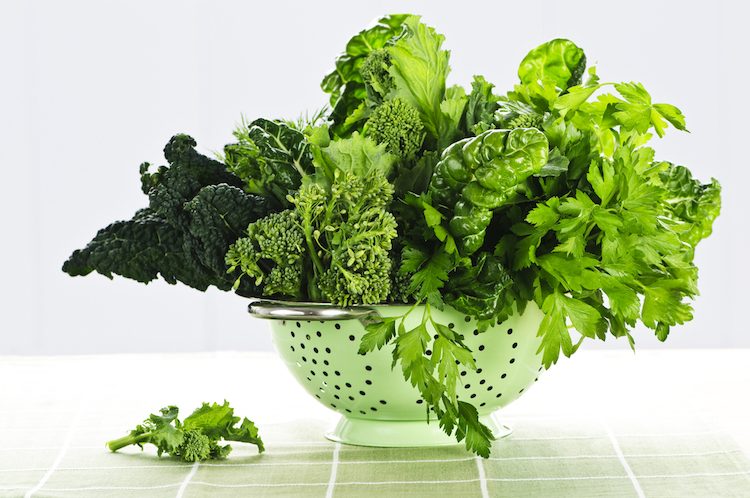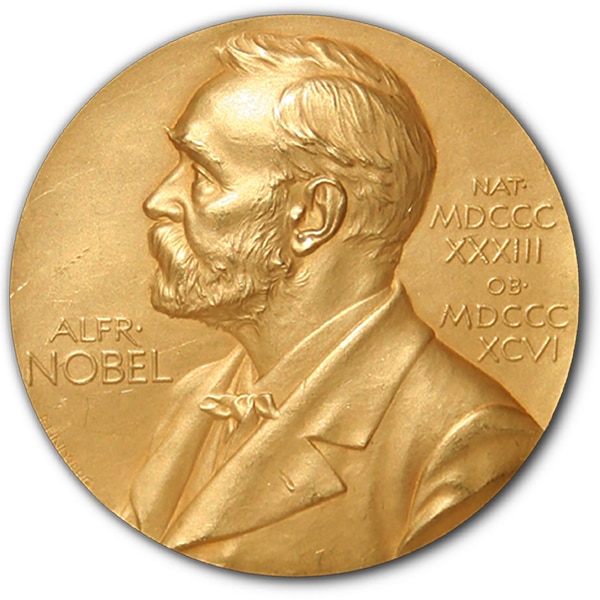
Photo: elenathewise/DepositPhotos
This post may contain affiliate links. If you make a purchase, My Modern Met may earn an affiliate commission. Please read our disclosure for more info.
You might have heard of “brain foods” or “superfoods.” Talk of them is everywhere on the internet, particularly among social media influencers. While exaggerated and even harmful claims abound, respected doctors do know that some foods are good for the brain. In fact, these foods are ones you are probably familiar with and are easy to consciously incorporate into your diet. Harvard Medical School professor and Director of Nutritional and Lifestyle Psychiatry at Massachusetts General Hospital (MGH) Dr. Uma Naidoo has some simple suggestions for foods to boost your mood and protect cognition.
Dr. Naidoo's specialty is nutritional psychiatry, a field that links food and the brain. Such links have long been established. For example, studies have suggested that eating fruits, vegetables, whole grains, unsaturated fats, and low amounts of red meat may help prevent Alzheimer's Disease. In general, antioxidants and foods with anti-inflammatory properties have also been noted as beneficial for brain health.
So what should you eat? Dr. Naidoo shared her top picks for memory, sharp thinking, and overall brain wellness. Good news first: dark chocolate has brain benefits. Choose an extra dark version with over 70% cacao—the antioxidants and cacao flavanols protect your brain cells, while the fiber reduces inflammation. However, as with all good things, use moderation. About 1.5 grams per week is ideal.
You probably know berries contain antioxidants, but they also have phytonutrients and vitamins. These are helpful for memory and that “eating a variety of colorful berries can also reduce symptoms of anxiety and help fend off neurodegenerative diseases like dementia.” Another important food item is turmeric, a spice found in curry powder. It contains the anti-inflammatory curcumin, which can help protect cognitive functioning in aging. Dr. Naidoo recommends combining turmeric with black pepper as it helps activate the curcumin for absorption.
The next one should be no surprise—those leafy greens that doctors always seem to recommend. Greens such as arugula, kale, spinach, and swiss chard contain folate, a B-vitamin vital to our neurotransmitters. “Folate deficiency has been tied to increased symptoms of depression as well as cognitive aging,” says Dr. Naidoo. Last but not least are fermented foods, such as miso, kombucha, or yogurt. These protect gut health, which science has shown is intimately connected to the brain's own wellness. To be sure you are getting the benefits, make sure the label indicates the product contains “live active cultures” of these helpful bacteria.
No combination of food is a perfect remedy for wellness in any capacity. However, making conscious and informed choices about your daily diet can help keep your brain healthy. To learn more about how food and the brain interact, you can check out Dr. Naidoo's book, This Is Your Brain on Food.
h/t: [CNBC Make It]
Related Articles:
Study Finds That Your Metabolism Doesn’t Drastically Slow Down Until You’re 60
New Algorithm Accurately Spots Early Signs of Brain Changes Before Alzheimer’s Disease
Study Finds Spending Time Among Trees Helps Kids’ Brain Development
Study Reveals How Much Exercise You Need To Counteract Sitting All Day Long






















































































